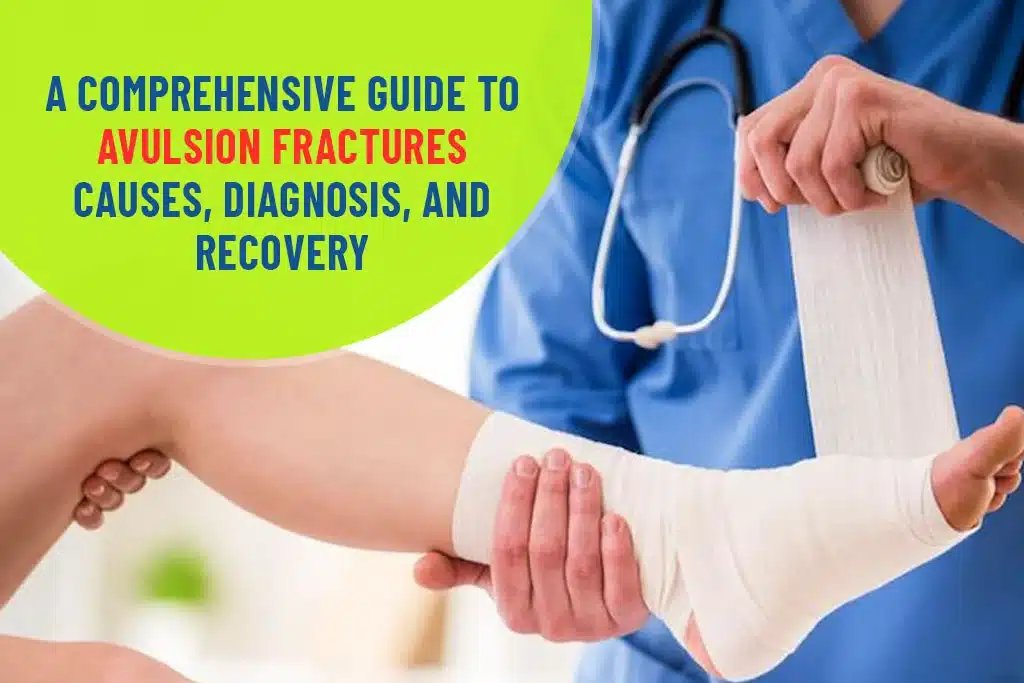When faced with a medical emergency, time is often of the essence, and finding the right emergency room is crucial. While all ERs are designed to provide immediate care for acute medical conditions, not all ERs are created equally. There are several factors to consider when choosing the best ER to meet your needs. This article will explore the key aspects to consider when searching for an emergency room near you.
Proximity and Accessibility
Close to your location
In an emergency, the closest ER is often the best choice. However, if you have more than one ER within a reasonable distance, weighing other factors before deciding is important.
Ease of access
Consider how easy it is to get to the ER. Is it near major roads or highways? Is the hospital entrance clearly marked, and are there any potential obstacles, such as road construction or heavy traffic? Choose while keeping all these points in mind about accessibility.
Parking availability
An ER with ample parking and a convenient patient drop-off area is essential. The last thing you want to worry about during an emergency is finding a parking spot.
Wait Time and Patient Volume
Average Wait Time
Long wait times can have a significant impact on patient outcomes. Look for ERs with shorter average wait times or ones that provide estimated wait times online.
Patient Volume
Higher patient volume may result in longer wait times. Choose an ER with a lower patient volume to receive more prompt attention.
Specialized Care and Services
Pediatric care
Not all ERs have specialized pediatric care. If you have a child requiring emergency attention, finding an ER with a pediatric unit is significant. Check their experienced staff training in child care.
Trauma center
A level I or level II trauma center is equipped to handle the most severe injuries and life-threatening conditions, such as gunshot wounds, road accidents, and serious burns. If you suspect a severe emergency, look for a trauma center for the best possible care.
Strokes and cardiac care
Look for an ER with specialized stroke and cardiac care units. These facilities are better equipped to provide immediate and specialized treatment for heart attacks and strokes.
Staffing and Credentials
Expert emergency physicians
Ensure that ER has braid-certified emergency physicians. These physicians possess specialized training and expertise in emergency treatment and medicine.
Nursing staff
A highly trained and experienced nursing staff is essential for quality care. Look for ERs with a high nurse-to-patient ratio and staff with advanced emergency nursing certifications.
Support Staff
Support staff such as respiratory therapists, radiology technicians, and pharmacists also plays an important role in emergency care. Check whether the ER has sufficient support staff on duty at all times.
Facility Ratings and Reviews
Certification and accreditation
An ER that has earned accreditation and certification from recognized organizations, such as the Joint Commission or the American College of Emergency Physicians, demonstrates a commitment to meeting high standards of care.
Patient satisfaction score
Review patient satisfaction scores and feedback to learn about other patients’ experiences in the emergency room. These scores can provide insight into the overall quality of care and customer service.
Online reviews
Online reviews and testimonials can offer a more personal perspective on the ER experience. Remember that individual experiences may vary, but consistent themes in reviews can help inform your decision.
Insurance and Billing
In-network providers
Ensure the ER is in-network with your insurance provider to avoid surprise out-of-network charges.
Transparent billing practices
Look for ERs with clear and transparent billing practices to help you understand potential costs and avoid unexpected expenses.
Additional Considerations
In addition to the primary factors discussed earlier, there are several additional considerations to consider when choosing an ER near me. For example, look for an emergency room with strong infection control measures. Additionally, if you or a family member has specific language or cultural needs, you may choose an emergency room that can accommodate those needs.
Other factors to consider include the availability of amenities like food or wifi or the hospital’s reputation for patient satisfaction. You can find information about these factors through a variety of resources, such as online reviews, hospital rankings, or referrals from healthcare providers or friends and family.
Conclusion
In conclusion, choosing the right ER room near you can be crucial in ensuring you receive prompt and high-quality care, especially in an emergency. When selecting an ER, it’s important to consider factors like location, level of care, accessibility, quality of care and staff, wait for time and capacity, billing and insurance, etc. Besides this, also consider additional considerations mentioned above. You can find an emergency room that meets your needs by researching and evaluating your options.
FAQs
What are the main reasons for emergency room visits?
Here are the most common reasons for an emergency room visit:
- Injuries and accidents
- Migraine and headaches
- Chest pain and related symptoms
- Seizures and neurological disorders
- Allergic reactions
- Infections and fever
- Abdominal pain and gastrointestinal issues
- Pregnancy and childbirth complications
- Respiratory disorders
- Mental health crisis and behavioral issues
What are the major emergency priorities in the ER?
Major emergency priorities in the ER are as follows:
- Ensure patient safety
- Address and stabilize airway, breathing, and circulation
- Control bleeding and manage shock
- Address life-threatening injuries or conditions
- Treat pain and provide comfort measures
- Identify and treat underlying medical conditions
- Prevent further complications and harm
- Initiate suitable follow-up care
How to choose the best emergency room near me?
Here are some factors to consider when choosing the best emergency room near me:
- Location and accessibility to your home and workplace
- Reputation and quality of services
- Availability of specialized services and expertise
- Level of technology and equipment available
- Wait times and patient volume
- Patient satisfaction and feedback
- Acceptance of insurance and financial considerations
- Recommendation from your primary care provider or other trusted sources
What are the things not to do in an emergency?
You must not do the following things in an emergency Room.
- Do not hesitate to call for professional help
- Try not to panic or be overwhelmed
- Do not move someone who has been seriously injured, unless they are in extreme danger
- Try not to leave the patient alone or unattended
- Do not provide false information to emergency healthcare providers
- Try not to drive yourself or someone else to the emergency room if the situation is life-threatening; call emergency service






